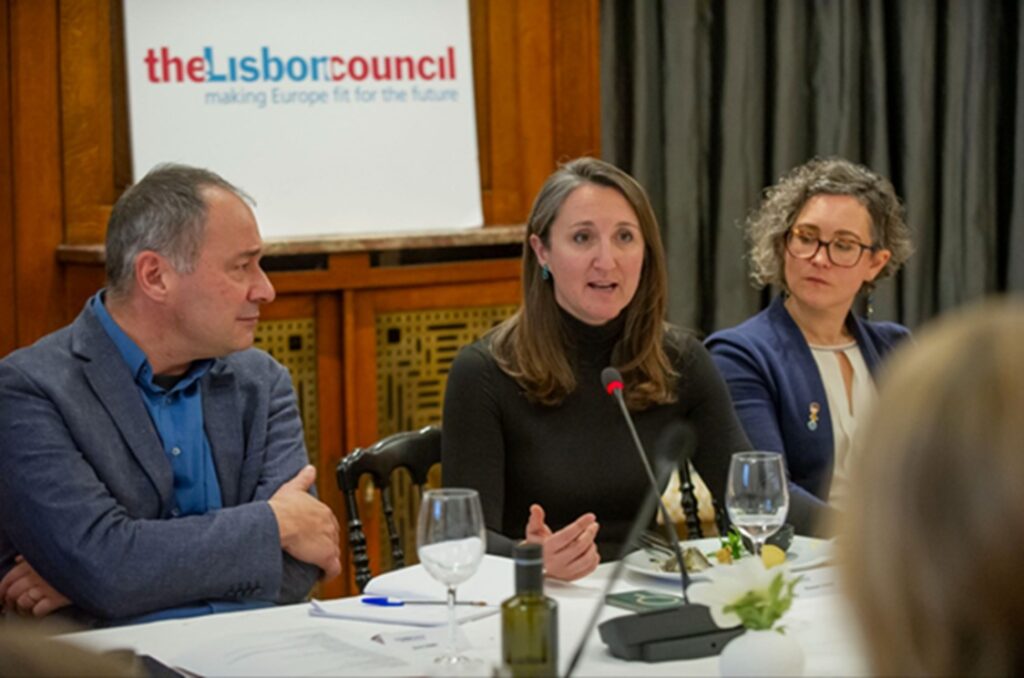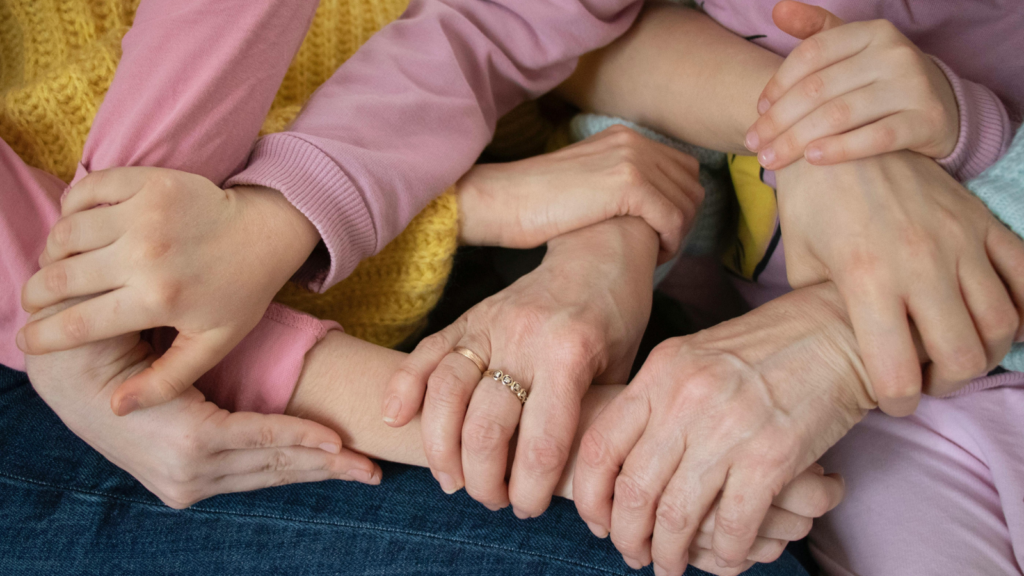Until now, in the debate on all-day childcare and education it was especially children under six years of age at the centre of interest, but there is also a need to put more attention to children of primary school age. All-day care at that age can positively impact parents and children alike:
- For children of primary school age, the “all-day childcare and education setting”, in the form of all-day schools or a combination of school and after-school care, is an important place of education.
- Additionally, it is an important place where they can make friends, meet other children, engage in sports and cultural activities and master everyday challenges.
- For parents, the lack of all-day child care and/or schooling is a major obstacle when returning to their jobs or pursuing or expanding their careers, which can lead to stress and emotional and material strain in families.
- All-day care offers the potential to reduce the social inequalities among children at the beginning of their school careers.
- Finally, all-day child care at the primary school age offers great opportunities for reinforcing the intercultural co-existence in the sense, for example, of reinforcing mutual respect, appreciation of multilingualism and awareness of discrimination and exclusion.
However, it is not only the existence of (all-day) childcare and schooling that is crucial, but also its content and quality. This cannot be emphasized enough.
How do parents see “quality”?
In general, parents want their children to enjoy activities that provide an emotionally safe environment and are intellectually stimulating. Also, all-day childcare should enhance health-promoting effects by ensuring they have high-quality food and access to a healthy lifestyle culture.
Parents prefer a full-day offer “from one source” or an offer that is well coordinated between school and after-school care, so that efforts to provide care are not duplicated. This applies, for example, to parent–teacher conferences, school celebrations as well the general exchange of information. Most parents wish that the children are not burdened with any more homework after the end of all-day educational and care settings.
It is also important for parents that their children’s sporting and artistic–cultural activities continue to be possible outside of all-day childcare, or are linked to it in such a way that these activities and social relationships do not suffer.
Age-specific needs of children of primary school age as a basis for quality
Children of primary school age have needs and developmental milestones to reach that differ significantly from those of younger children. For children of primary school age, it is about
- being with children of the same age to explore roles in social groups,
- discovering the world, school and after-school care environment independently of adults,
- learning to organise leisure time autonomously,
- experiencing and practising physical motor skills,
- competing with others,
- experiencing and testing the limits of behaviours that are forbidden, risky or inappropriate,
- experiencing themselves as useful and competent.
To allow for such an all-day education and care experience, a full-day system for primary school children should contain elements beyond those of the classical educational mission of the school providing opportunities for children to excel outside of the classroom as well. Children in this age group need to move about. Teachers, timetables and architecture must make provision for this. There must also be time and space for recreation and temporarily withdrawing from engagement in activities. Children need to play with their peers unsupervised, albeit under adult observation overall. In all-day care, children want to experience themselves not solely in the role of a pupil, following strict behavioural expectations: this requires a culture of trust and openness. The children should always have recourse to adults to support them and to mediate and offer protection in more serious conflicts.
From a “place of learning” to a “place of living”?
- All-day childcare for primary school age children should always be based on the integrated objectives of education, upbringing and care. Education should be understood in its broadest sense, encompassing cultural, artistic, physical, and health-related content, as in Article 29 (1) of the Convention on the Rights of the Child. This provides for a broad spectrum of objectives for the education of children. They include “the development of the child’s personality, talents and mental and physical abilities to their fullest potential”, but also, inter alia, respect for human rights, different cultural identities and languages, peace and tolerance, gender equality and the natural environment. Therefore, among others, these items are crucial:
- Children need to be involved in the design, structure and content planning of all-day care. If they experience for themselves the changeability of their living environment, they are more likely to mature into people capable of democracy.
- Good all-day care requires a high degree of participation by parents. With the increasing amount of time children spend in all-day care, parents have a growing need to participate in this important part of their children’s lives or at least to be able to follow their development in this area.
- Qualified personnel and successful cooperation are central quality features in day-to-day work. All-day care needs a good staffing ratio and well-qualified multi-disciplinary teams. These include multilingual specialists, including those with their own or family migrant backgrounds.
- All-day childcare requires continuous development of the cooperation culture and corresponding structures in the institutions. The cooperation between educators, teachers and school social workers must take place on an equal footing.
- Curricular and non-curricular education, upbringing and care are equivalent parts of full-day care for children of primary school age. Therefore, the areas of competence of the teachers, educators and social workers should be considered equally important.
- Cooperation between all-day care and the socio-cultural sphere, such as sports clubs, music schools and cultural initiatives, is vital. Physical activity and cultural education contribute significantly to the physical, social, emotional and cultural development of children of primary school age.
The temporary collapse of care structures during the coronavirus crisis has clearly shown how important reliable, high-quality care services are for families. For many families, the lack of all-day childcare places enormous burdens and stress on them as they try to reconcile family duties and career and to achieve a gender-equitable division of responsibilities in the family. For children of primary school age, schools and after-school care facilities are places of learning and education. But they are also places of living with social, cultural and sport / physical activities. All-day care at primary school age must fulfil both functions.
———————————————————————————————————————————
**DISCLAIMER: All opinions in this article reflect the views of the author, not of COFACE Families Europe**
About the author:
Sven Iversen (Germany) is General Manager of the Association of German Family Organisations (AGF). AGF promotes dialogue between organisations and individuals that deal with or are responsible for family policy and among other players on a national and international level. Through its publications, conferences and discussions with players in politics, science and civil social organisations, AGF constructs and disseminates its positions on current developments in family politics and legislation. Sven Iversen represents the family organisations in committees on national and international level, and here particularlly at COFACE Families Europe and the International Commission on Couple and Familiy Relations (ICCFR) which he chairs. He is a political scientist, holds an MBA and has previously held positions in a parliamentary group, an agency for sustainability and particpation, in cultural management and the prevention childhood obesity. He has joined AGF as general manager in 2010.





